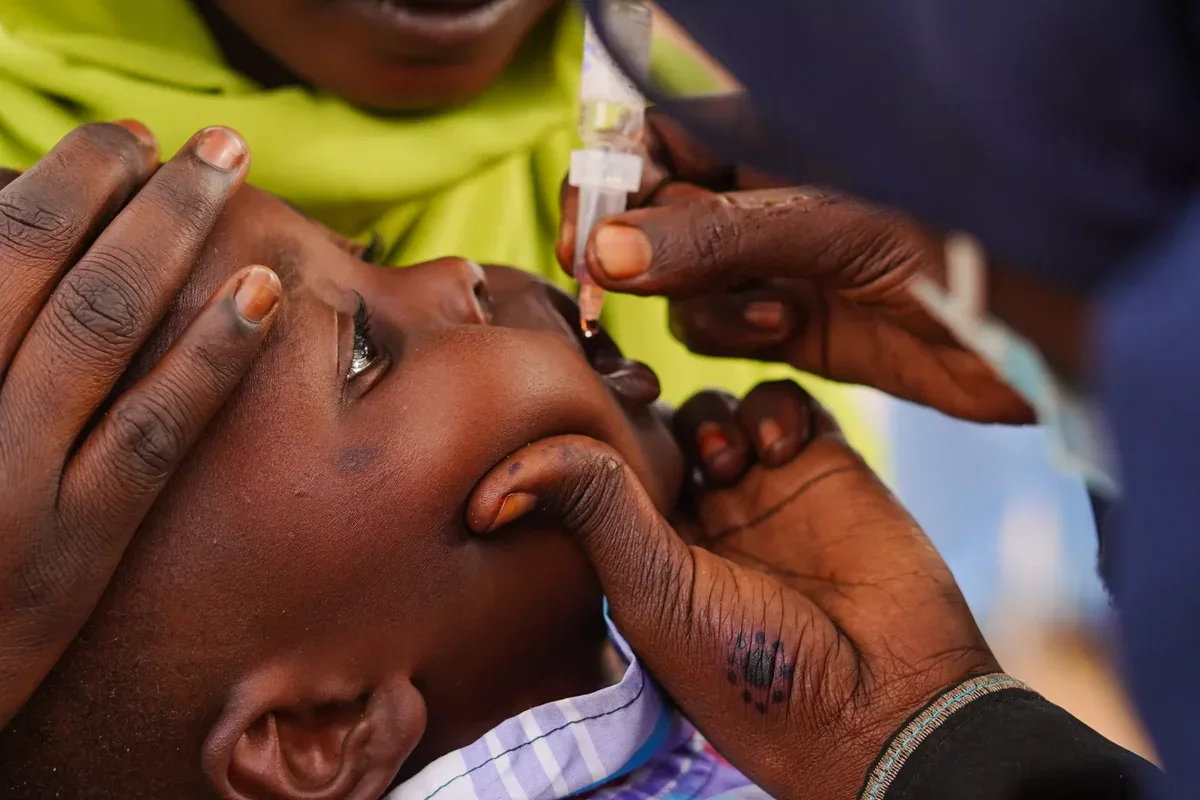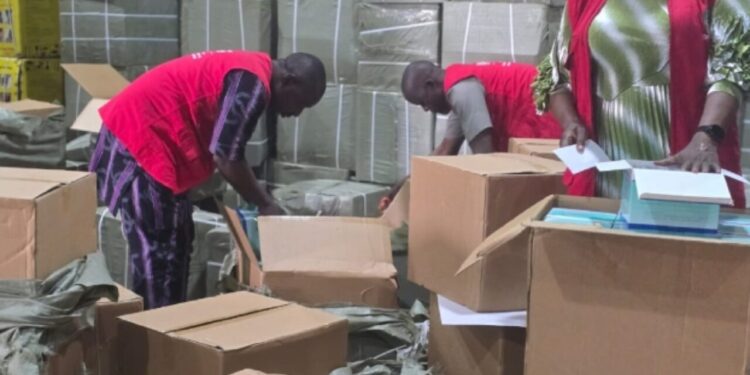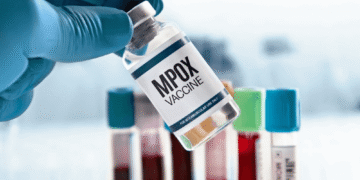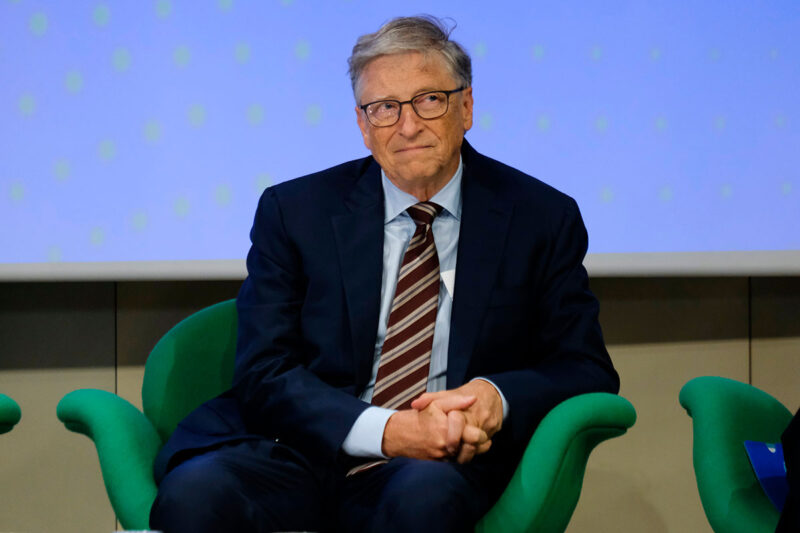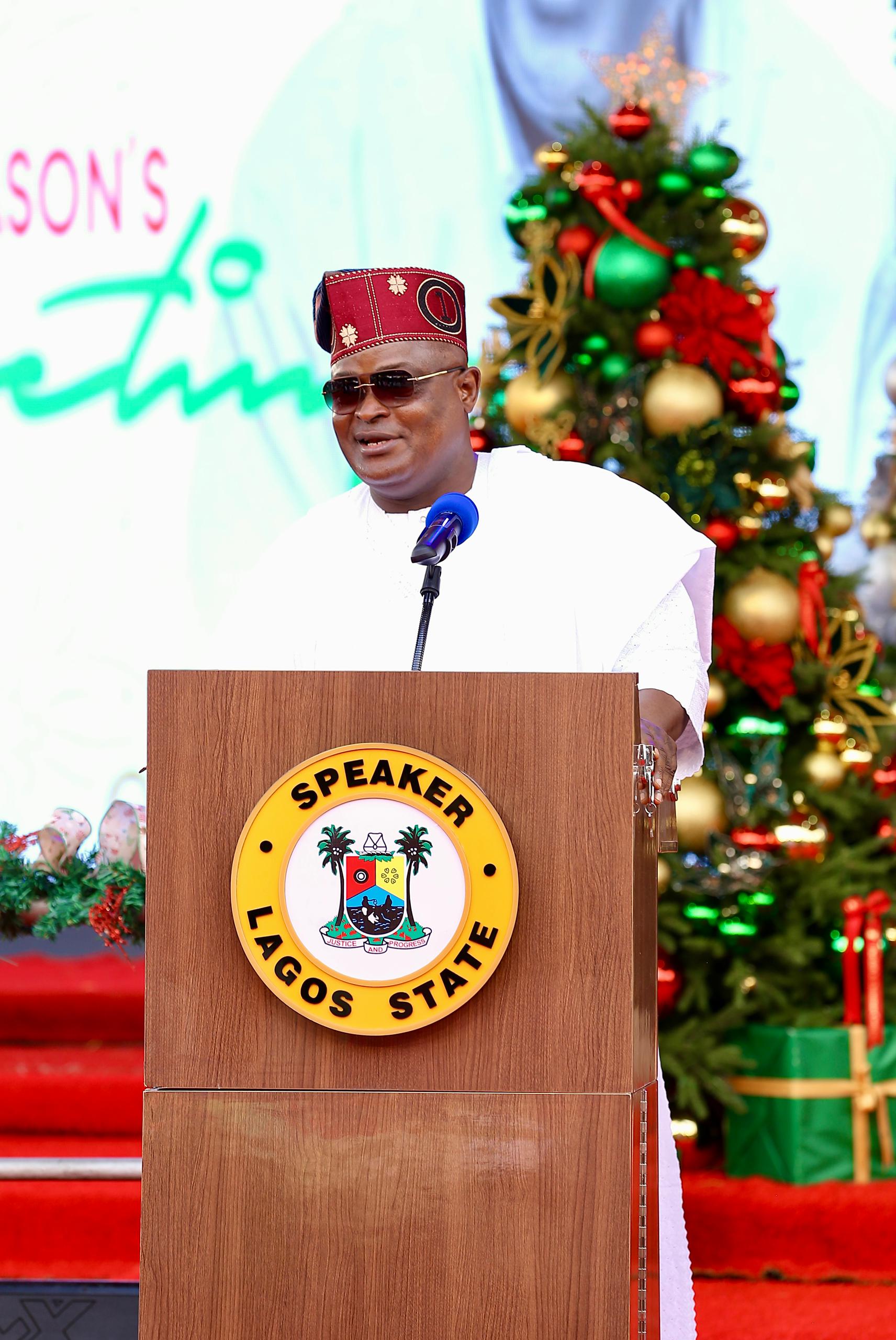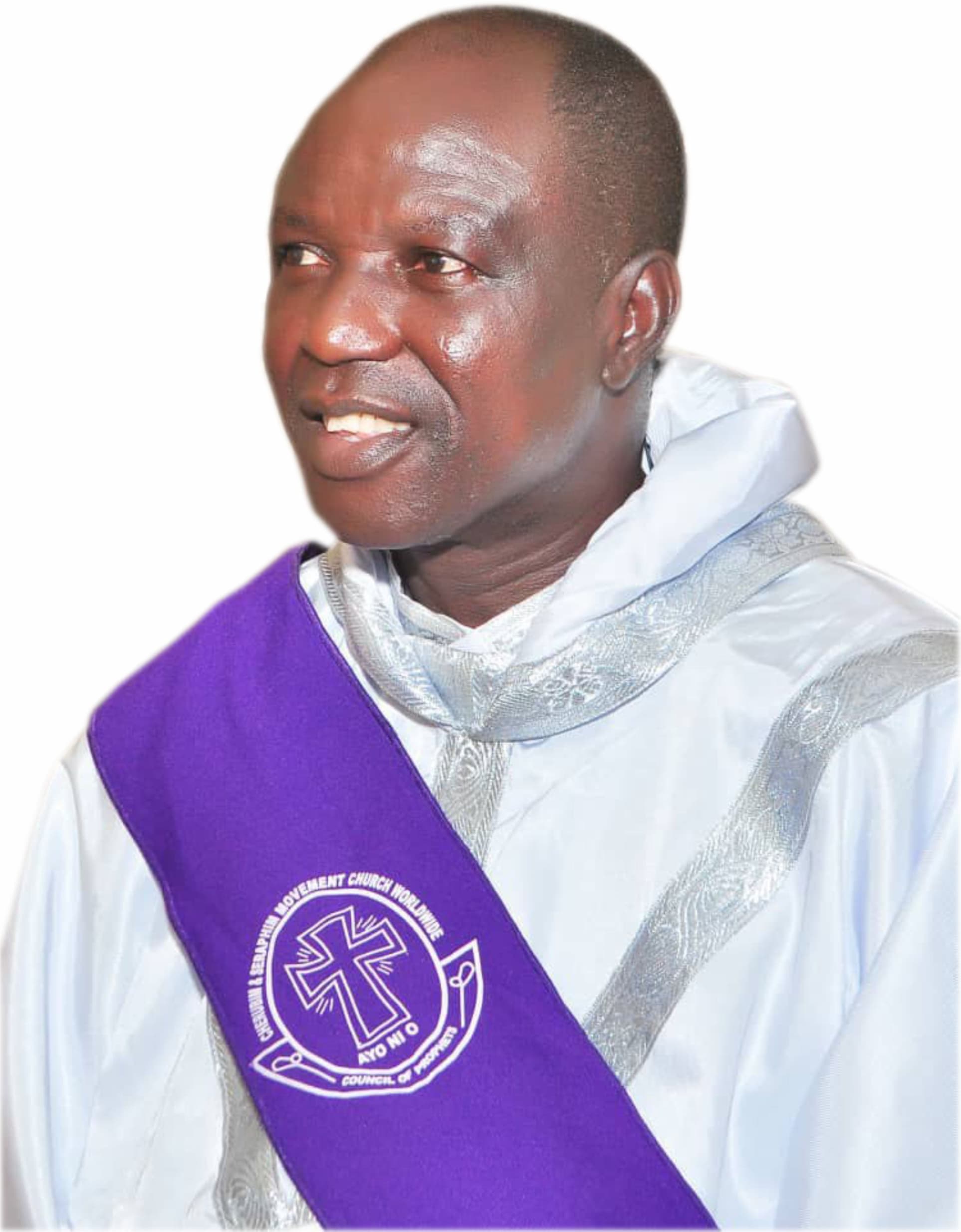UNICEF expresses concern over the detection of a polio virus variant in four Kano LGAs, urging intensified vaccination campaigns and coordinated efforts to halt the spread
[dropcap]T[/dropcap]he United Nations Children’s Fund (UNICEF) has raised significant concern following the detection of a variant of the polio virus in four local government areas in Kano State.
Also read: UNICEF, Lagos govt join forces to combat polio resurgence
Rahama Mohammed, the Chief of UNICEF Field Office in Kano, disclosed this on Thursday during the June Edition of the Media Dialogue on Polio and Routine Immunisation.
Mr. Mohammed stated that surveillance conducted in 2025 revealed the presence of the virus in Warawa, Bunkure, Kano Municipal, and Nasarawa local government areas of the state.
“This is unacceptable and must be halted. Polio remains a highly infectious disease that spreads rapidly and knows no borders,” he stressed.
Mohammed reiterated that a single case of polio anywhere poses a threat to children everywhere and called for coordinated efforts to contain the outbreak.
He urged governments at all levels, traditional rulers, and the media to intensify awareness campaigns and ensure full vaccination coverage, particularly in high-risk areas.
He further reiterated UNICEF’s commitment to supporting Nigeria’s polio eradication efforts and called for the timely release of counterpart funding and stronger supervision of immunisation campaigns.
Nigeria was declared wild polio free in 2020 by the World Health Organisation; however, hundreds of cases of the vaccine derived type have been reported since then.
Although millions of Nigerian children receive the polio vaccine annually, insecurity and vaccine hesitancy mean many children do not get fully vaccinated.
This is unacceptable and must be halted. Polio remains a highly infectious disease that spreads rapidly and knows no borders.
In an interview with PT Health Watch, Christiana Fashola, a global digital health and vaccine expert with experience across Africa, Central Asia, and Latin America, emphasized that Nigeria must evolve its immunisation strategy to close coverage gaps and protect more children from preventable diseases.
Ms. Fashola explained that the most effective immunisation strategies are context specific, tailored to a country’s disease burden, health infrastructure, and target groups.
She noted that while mass campaigns, routine outreach, and scheduled immunisation days have helped Nigeria expand coverage, these traditional tools are no longer sufficient.
“There’s a growing need to expand beyond these traditional strategies by leveraging community-based service delivery models,” she said.
At the media dialogue in Kano, Nasiru Mahmud, the Director General of the State Primary Health Care Management Board, reaffirmed the state government’s commitment to eradicate polio by December 2025.
Mr. Mahmud stated that the State government has set a target to vaccinate 3.9 million children under the age of five during the June 2025 Outbreak Response (OBR) campaign.
He explained that this campaign aligns with the national strategy to eradicate polio and maintain Nigeria’s polio free certification.
He further noted that the vaccination drive became necessary due to the recent resurgence of the type 2 poliovirus in parts of the state.
According to Mahmud, factors such as community resistance, poor data reporting, and insecurity have contributed to the virus’s re emergence by hindering previous immunisation efforts.
He specifically mentioned, “Ungogo Local Government Area recorded the highest level of non-compliance during the May 2025 campaign.”
To improve vaccination coverage, he added that local government areas are now ranked monthly based on their performance.
Mr. Mahmud also pledged to drastically reduce the state’s maternal mortality rate within the same period, describing the fight against both health challenges as top priorities.
Also read: UNICEF targets 3.8 million children for measles vaccination in Northern States
He stressed the government’s resolve to work closely with traditional rulers and the 44 local government chairmen to address these critical public health issues.
Source: Read more at saharareporters.com


